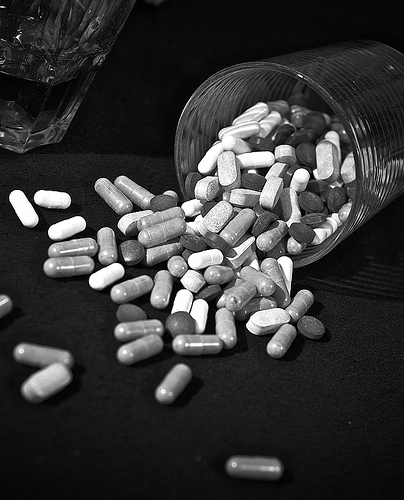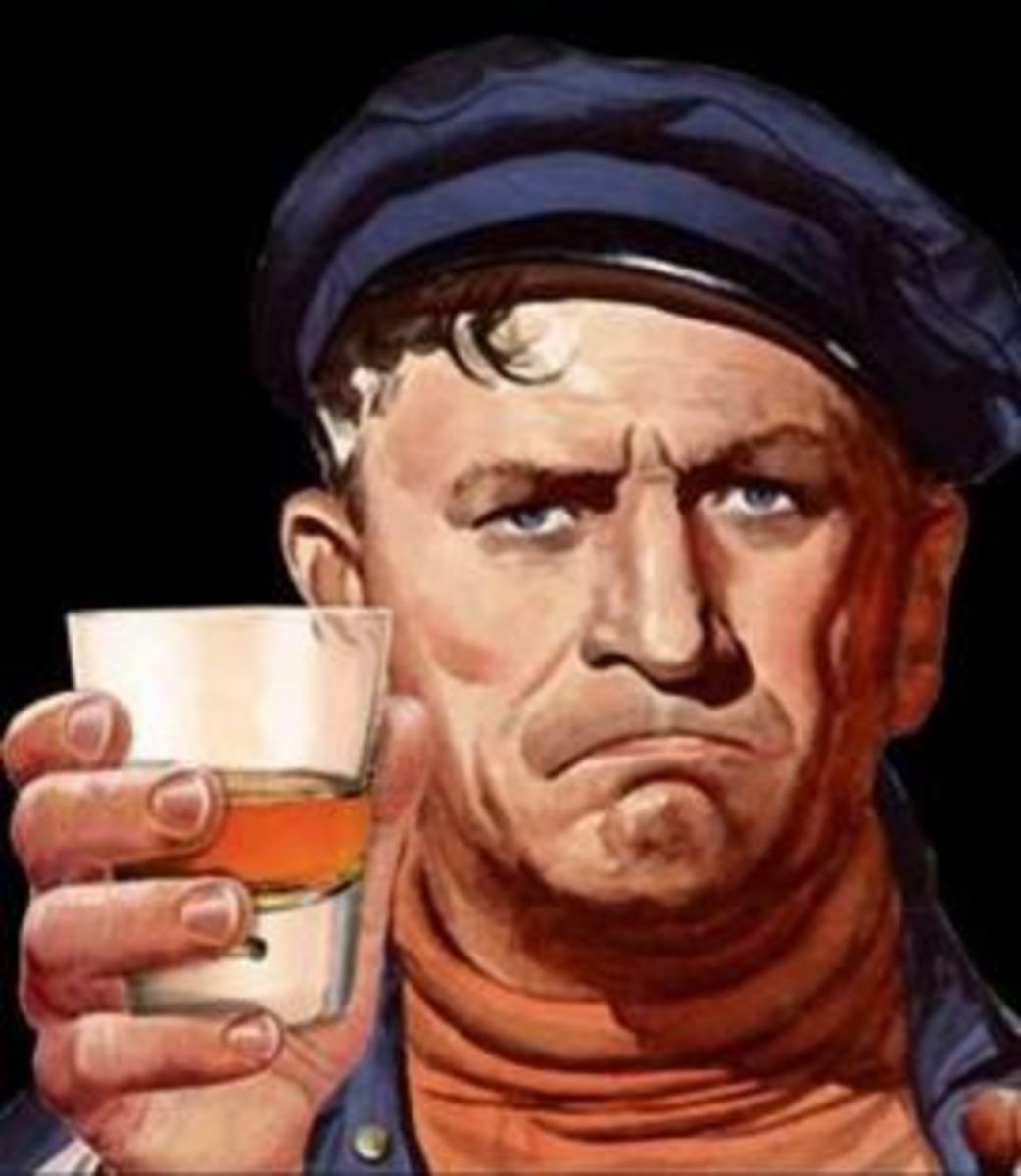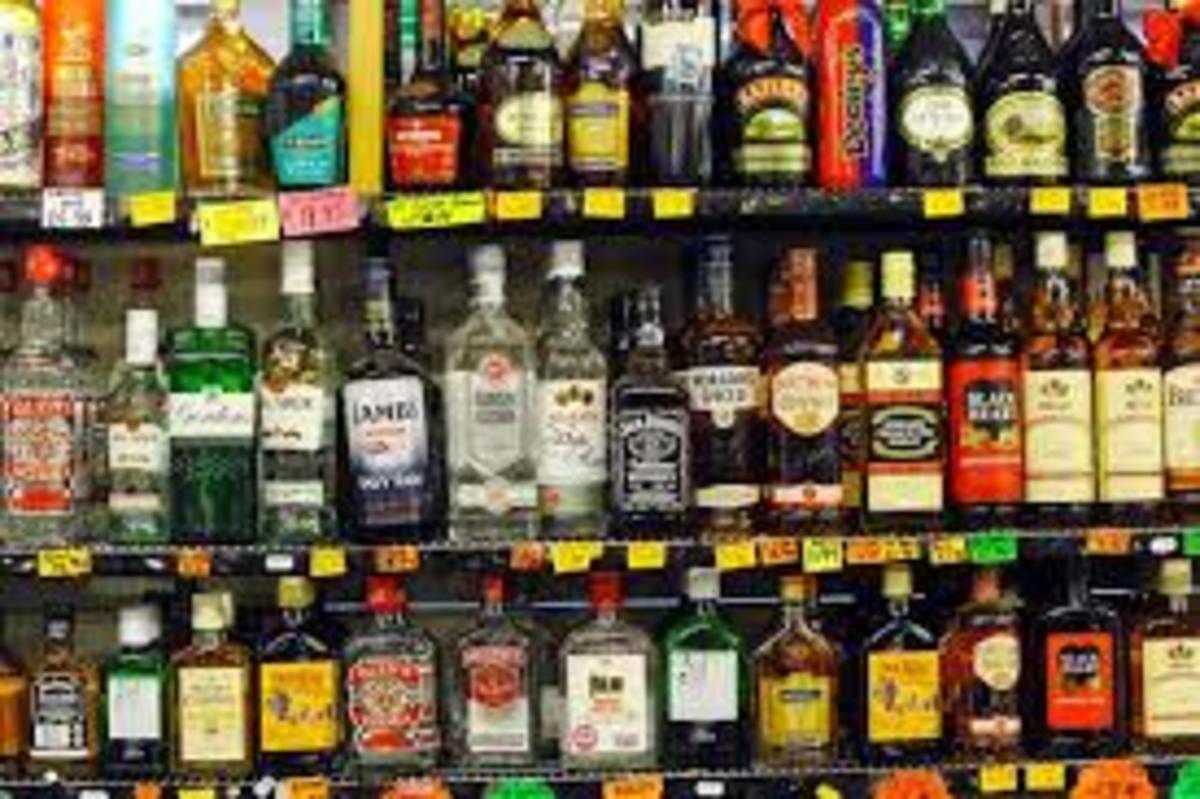- HubPages»
- Health»
- Mental Health»
- Addiction»
- Alcoholism
Alcohol and drug rehabilitation

On an annual basis the problems of daily life can become less manageable. We are bombarded with mobile phones and daily work stresses and demands. This all takes it’s toll on our personal life which becomes unmanageable and complicated and eventually the pressure becomes unbearable both from a physical and a psychological point of view.
For this reason, our general fitness and health become of paramount importance but addictions to drugs and/or alcohol is a common outcome of stress and pressure in one’s life. It is positive however that there is now an understanding of issues of dependency and these addictions can now be treated in the context of this knowledge and understanding.
It is necessary to have an individually tailored program for the management of substance abuse because everyone has different life circumstances and addiction affects different people in different ways. Rehabilitation which is successful focuses on the individual experiences of the addict and continue along the lines of an emphasis on restoring the person’s individuality which they have been robbed of by addiction which is an important part of the healing process.
Recent advances mean that treatment and rehabilitation centers for addiction have greatly improved. Therapy nowadays emphasizes holistic, individual treatment regimes.
Indeed, some of the previous approaches did more harm than good as well as not being effective.
During the nineteenth century, addiction and the management of it was very misguided. Prohibition was popular at the time and the idea of addiction being a personality weakness persisted until the 1970s. During the early 1940s, the first “modern” rehabilitation unit was opened. This new approach was reinforced by the introduction of the “disease” model of addiction which was outlined by the American Medical Association in 1955. It was from here that the medical approach to dealing with addiction first began. Those with a more moral attitude believed in locking up addicts because of their negative effect on society. On the other hand, those using the medical model proposed to use institutions as a means of rehabilitation. Both models had their disadvantages as the institutions used were often like prisons with bad conditions which only intensified the damage to the individual already done by addiction.
A “social model” of addiction emerged in the context of the failure of the moral and medical models. These new recovery programs were based in the community and a significant feature of them was the elimination of medication in the treatment of addiction.
The importance of environmental issues, peer pressure and family factors were highlighted.
An emphasis emerged on facilitating treatment by the provision of a positive social environment and group therapy became an integral part of rehabilitation. There was an introduction to the use of outpatient facilities.
New York was one of the first places where a mental health and addiction approach were combined as recently as 1985. This new approach was further developed throughout the 1990s and continues to the present day. A combined approach of individual counseling with group therapy has resulted in more effective treatment. Perhaps the most significant aspect of this is the emphasis on the client’s individual needs in the context of a combined medical and community approach. This rehabilitation usually commences with a detoxification program which assists the client in physical withdrawal from the substance and a return to normal body functions.
When removal of the physical dependency is achieved through detox, it is time for the mind to heal as well. This is the time that individual counseling and individually tailored therapy programs come into place. Rehabilitation in this way can overcome the negative effects of alcohol and/or drug dependency and the evolution of treatment methods have come a long way from the old moral model and medical model. This social model of therapy can deal with the individual issues of each person’s addiction and a complete return to health and wellness is a realistic outcome of this approach
.
.






